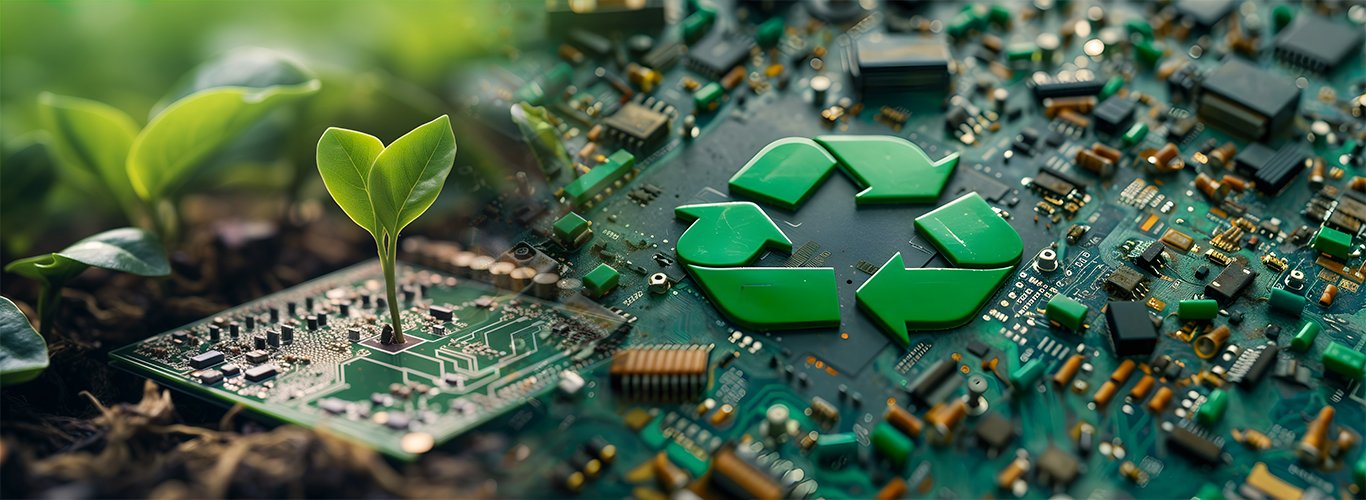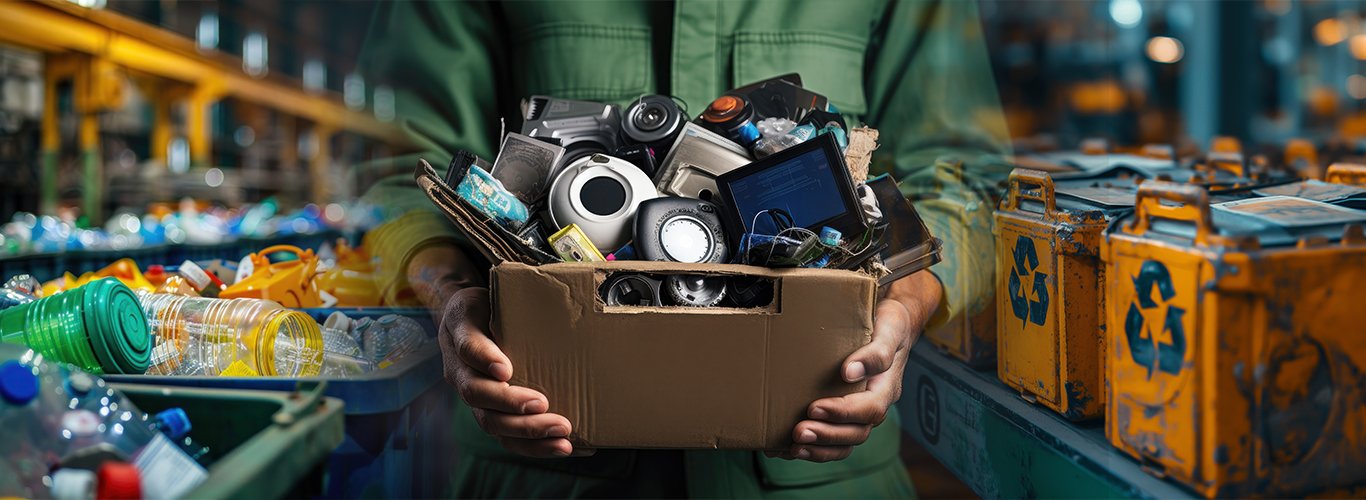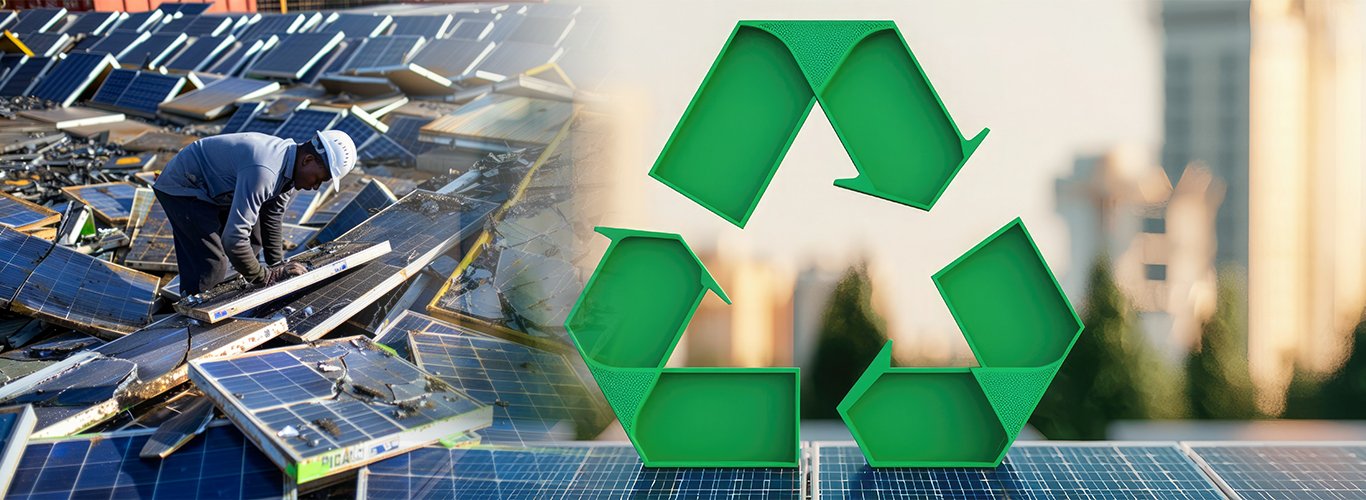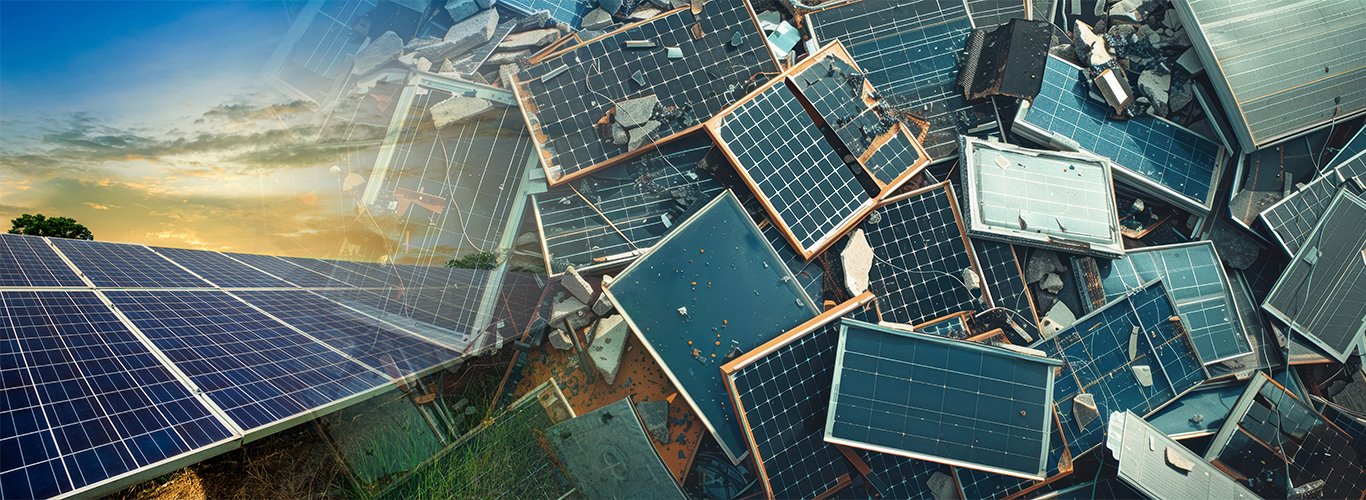
The Future of E-Waste: Right Recycling Companies Can Shape a Sustainable Tomorrow
The age of new technologies gives a lot of advantages to everyone—speed, effectiveness, and the society united with the help of electronics. However, it has also brought an unintended consequence: the ever-rising levels of electronic waste that the world generates, often referred to as e-waste. While we tweak the features of our gadgets in every new release, the problem of e-waste has become a pressing issue. But if this problem is not tackled with the utmost anticipation, then we may be in for some hard times. E-waste in the future does not seem very bright for the world, but recycling companies can make a difference.
Give a Chance to E-Waste Explosion With Recycling Companies
Global e-waste collection is tremendously large. The study by the United Nations revealed that the global population produced 53.6 million metric tonnes of electronic waste in 2019 and could produce 74.7 million metric tonnes in 2030. The reason for the growth is mainly demand for new gadgets and electronics, shorter product life, and the ever-changing fashion trends that see users change their gadgets often. This increase in e-waste production leads to great potential problems for the environment since most of it is dumped into it, resulting in soil and water pollution caused by poisonous substances like mercury, lead, and cadmium, respectively.
It is imperative therefore that a change in the current approach to managing electronic waste be made because of the large magnitude of the problem. Thankfully though, the e-waste disaster offers recycling companies a chance to right the course for electronics’ disposal forum.
How Recyclers Can Make a Difference
Closing the Loop with Circular Economy Practices
The main need for the circular economy model to serve as a management tool for e-waste collection. Here, the product is built with components which have more durability and when it becomes useless, some or most of its components are reclaimed and used again. Recycling companies have the possibility of being key participants in the emerging closed-loop system for the EU’s property market. Attaining usable components, including metals, rare earth chemicals, and plastics out of discarded electronics additionally helps to minimise the request for natural resources and lessen the impact of new devices.
Advancing Recycling Technology
Advanced technology can play an essential role in enhancing the results of recycling to manage e-waste collections effectively. Sophisticated recycling plants employ DEP amid robotics and sorting based on artificial intelligence for the expatriate of valuable parts from digital devices. It can also provide a means to optimally degrade additional material through the available chemical recycling techniques, thus returning a greater portion of the used components back to circulation. In the future, this concept will develop with technological advancement, giving recyclers the capability to recycle almost all devices and materials and therefore cutting down on landfills and incineration.
Promoting Consumer Awareness and Responsibility
This has been a major challenge due to the behaviour of the consumers. A considerable number of people do not know where exactly, or how, to recycle their old electronics. Recyclers can also involve themselves in educating other people on the benefits of e-waste recycling as well as the consequences of incorrect disposal of the product. If there are specific locations within a city or town where such devices can be returned and there are some rewards for doing it, people are ready to bring back their devices for disposal. This shift in behaviour will help reduce the amount of electronic waste that ends up in landfills.
Collaborating with Manufacturers
Recyclers can also work with electronics manufacturers to design products that are easier to recycle. This collaboration could involve creating devices that are modular, with components that can be easily replaced or upgraded rather than the entire device being discarded. Additionally, incorporating more recyclable materials into the manufacturing process will simplify the end-of-life recycling of electronics. By fostering partnerships between recycling companies and manufacturers, we can build a system that reduces waste generation from the outset.
Developing Regulations and Policies
Governments around the world are beginning to recognize the importance of regulating e-waste disposal, but more stringent policies are needed to ensure compliance. Recycling can advocate for stronger regulations that mandate producer responsibility, requiring manufacturers to take back and recycle their products. These extended producer responsibility (EPR) schemes can shift the financial and logistical burden of e-waste management from municipalities to the corporations that produce the waste. With the right policies in place, recycling companies can ensure that e-waste is properly managed on a global scale.
The Potential Impact of Recycling on the Future of E-Waste
By investing in recycling infrastructure and adopting more efficient methods, recyclers can significantly reduce the volume of electronic waste that ends up in landfills. According to a report from the Global E-Waste Monitor, less than 20% of e-waste is formally recycled today. Imagine the potential environmental benefits if that figure were to double or triple. Not only would this reduce pollution, but it would also conserve resources by recovering valuable materials that can be reused in new products.
Moreover, the growth of the e-waste recycling industry has the potential to create jobs and stimulate economic growth. As demand for recycled materials rises, recyclers will need skilled workers to manage the increasingly sophisticated recycling processes, contributing to a greener economy.
Conclusion: A Future Shaped by Action
The future of e-waste is therefore bleak, though it is a challenge that recycler firms are well placed to meet in a bid to achieve positive sustainable development. However, through the adoption of the circular economy, the improvement of recycling technology, and engaging both the consumers, the manufacturers, and the policymakers, the recycling industry can transform the current e-waste streams. From the activities that are in practice, the future of the health of the planet will be shaped by such measures that are adopted today. Collectively, recyclers can drive the change and turn e-waste from a menace to an asset that must be reclaimed.
Deshwal Waste Management: Make the vision of a sustainable, circular economy for electronics a reality.





